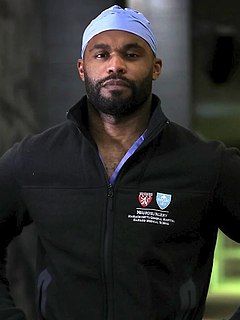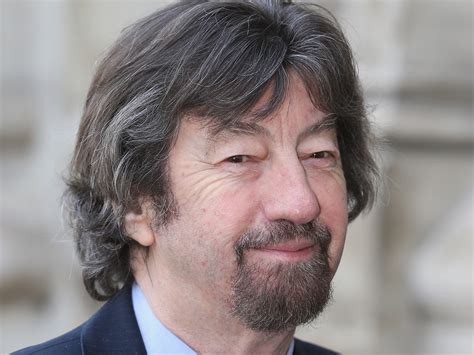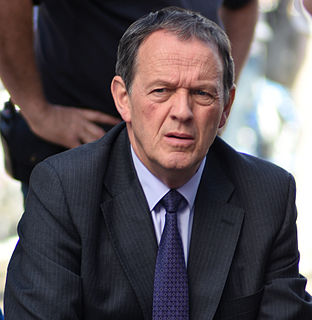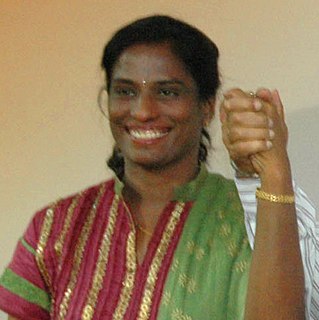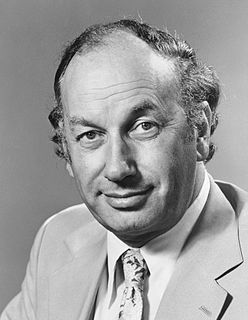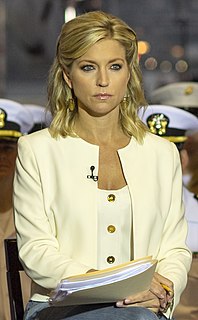A Quote by Richard Flanagan
I went to study at Oxford University in the 1980s on an imperial scholarship instituted by Cecil Rhodes.
Quote Topics
Related Quotes
I was at this dinner for Rhodes Scholars. And we were in the Rhodes mansion, which is this fancy mansion on the Oxford campus. And I remember I looked up in the rotunda, and I saw that etched into the marble were the names of Rhodes Scholars who had left Oxford, and had fought and died in World War II.
I was not proficient in Latin and so was not able to go to Oxford or Cambridge. However, I did enter the first-rate chemistry honours program at the University of Manchester in 1950, where the professors were E.R.H. Jones and M.G. Evans, and graduated in 1953, with the financial support of a Blackpool Education Committee Scholarship.



